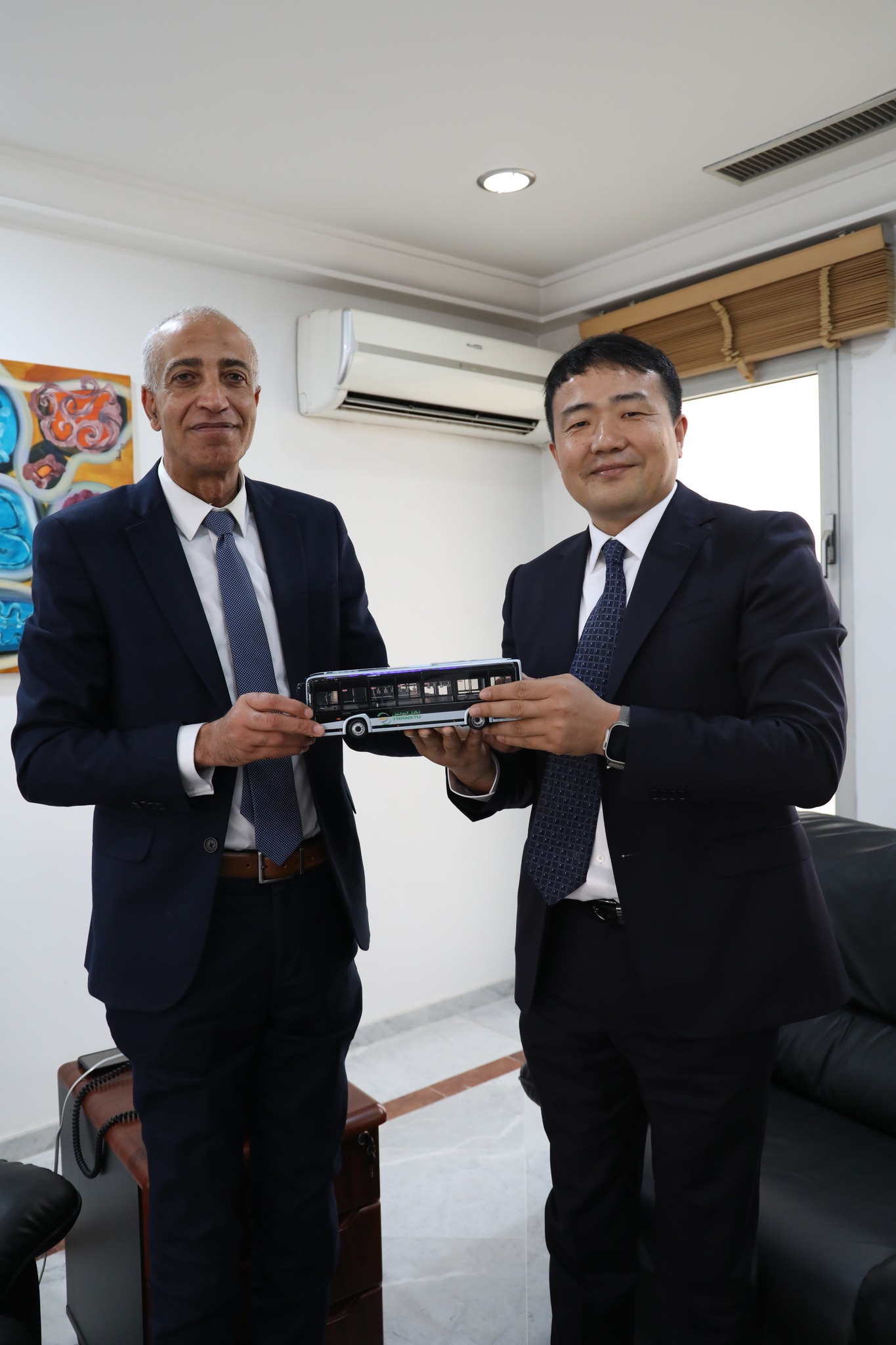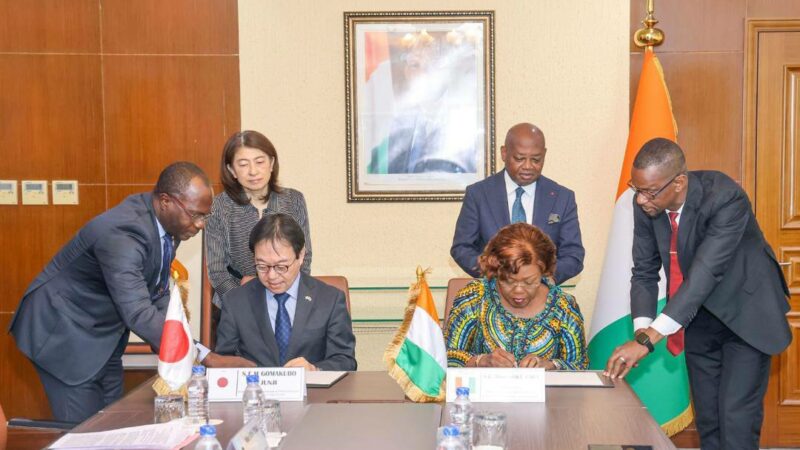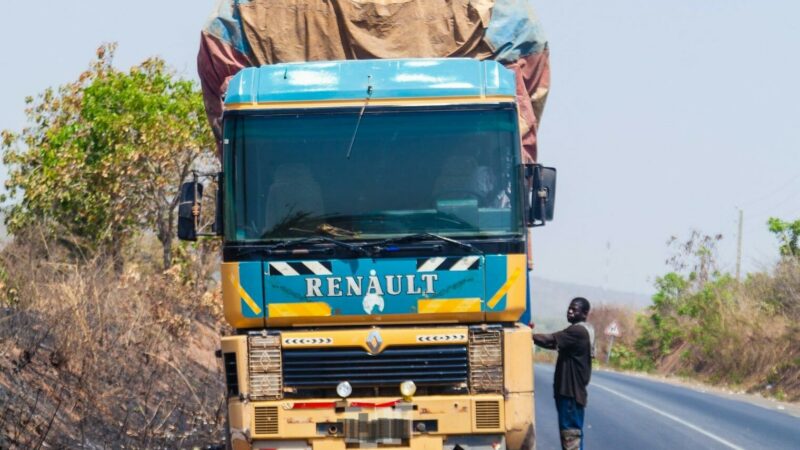Tunisia: A Major Step Forward in the Transport Sector with the Acquisition of 300 New Buses

Tunisia has taken a significant step in strengthening its public transport infrastructure with the signing, on Friday, December 13, 2024, of a contract to acquire 300 new buses from the Chinese manufacturer King Long. This contract, signed at the headquarters of the Tunisian Transport Company, represents an investment of 152 million dinars and reflects the Tunisian government’s commitment to modernizing the transport sector.
A Priority Project to Meet Citizens’ Needs
This acquisition is part of a public policy aimed at improving public transportation services, a sector deemed vital for citizens’ daily lives and the national economy. Authorized by President Qais Saeed, this initiative is part of a broader effort to alleviate the suffering of users faced with recurring issues such as vehicle shortages, delays, and overcrowding.
The main objective is to provide Tunisians with public transport that is comfortable, secure, and reliable, while also raising the standards of service quality. This initiative is part of a broader vision for structural reform in mass transit, implementing modern and sustainable approaches to meet the growing needs of an expanding urban population.
Strengthening Urban Transport: Toward a Modern and Reliable System
As part of this transformation, the Tunisian Transport Company is not stopping at the acquisition of new buses. It is currently working on establishing strict selection criteria for the purchase of new metro cars, with a call for tenders for these vehicles expected soon.
The goal is clear: to establish a robust and sustainable urban transport system. This system will address the needs of Tunisia’s major cities, where urban mobility challenges are becoming increasingly complex. By facilitating large-scale travel, this project will not only improve citizens’ quality of life but also reduce traffic congestion and boost economic efficiency.
Sino-Tunisian Collaboration for Innovative Mass Transport
The choice of King Long, a Chinese manufacturer recognized for its innovations in public transport vehicles, demonstrates Tunisia’s commitment to leveraging strategic international partnerships. These buses, designed with modern technologies, will strengthen the existing fleet and meet user expectations, particularly in terms of safety and energy efficiency.
A Key Issue for the Economy and Logistics
Beyond improving citizens’ comfort, the development of public transportation is a strategic lever for Tunisia’s economy. A well-organized mass transit system offers multiple benefits, including:
- Reducing economic losses caused by delays and congestion.
- Stimulating business productivity through better worker mobility.
- Promoting more efficient logistics for urban goods transport.
With this ambitious project, Tunisia demonstrates its determination to reposition public transport as an essential pillar of economic and social development.
The acquisition of 300 new buses marks a significant milestone for Tunisia’s transport sector. By focusing on modernization and sustainability, the Tunisian government shows its commitment to delivering high-quality public services to its citizens.
This project sends a strong message: public transportation, long overlooked, is now a national priority, with the ambition to build a system capable of addressing current and future challenges. This transformation, relying on innovative approaches and efficient resource management, represents a model for other African countries facing similar challenges.





